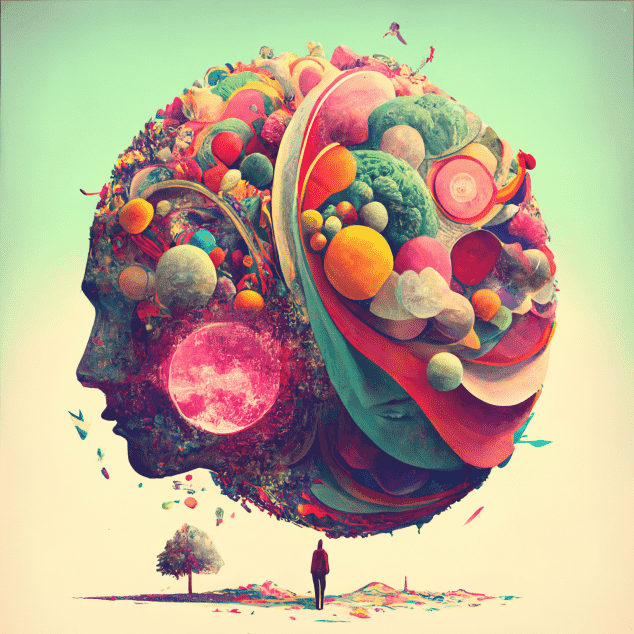
How can they do that!?!
Have you ever found yourself getting all riled up over someone else’s behaviour, mannerisms, or point of view? Maybe it’s that co-worker who always leaves their dishes in the sink or the friend who never shuts up about their new diet. Whatever it is, we’ve all been there.
Recently, I found myself reacting to someone who I perceived as arrogant based on an email they sent me. I mean, it was like they were trying to one-up me or something. So I did what any rational person would do: I started imagining all the terrible things they must do in their personal life, like kicking puppies or stealing sweets from babies.
Okay, maybe that’s a bit extreme, but you get the point. We all have these preconceived notions and preferences that can cloud our judgment and affect our interactions with others. It’s like we have a whole Rolodex of people in our minds, and as soon as someone does something that reminds us of someone else, we immediately label them as “bad.”
But what’s going on here, and what fuels these judgments and obsessions about others? There are many answers to this. One reason could be our past conditioning – we may have previously been hurt by someone who used a similar manner or words, so we instinctively react with anger or fear (fight or flight). This can be a helpful reaction, especially in cases where the person we are reacting against could hurt us and we need to establish clear boundaries.
If you spot it, you’ve got it
Another, subtler but potent reason for these reactions can be what psychologists refer to as “unowned selves.” These are parts of ourselves that we have made wrong in our own lives or pushed away. So, for example, I can be arrogant, but because I don’t really like to admit this to myself, I psychologically push it out of my awareness. When I do this, I project out this disowned self, this part of me, onto other people. So in my case, the person who wrote the email becomes the ‘baddie’. They engage in a communication style or behaviour that I do myself (to whatever degree), and condemn, but because I am not really aware of this, they carry the weight of my suppression.
This process is summed up in the personal development aphorism “If you spot it, you got it.” More colloquially, it can be “it takes one to know one.” This is exactly how scapegoating works in a group situation. Some person or group is made ‘wrong’ for the sins (or wrongs) of the larger group. In this way, at a personal level, I can continue to protect my self-image as moral, perfect, righteous. At a group level, the group can protect its self-image similarly.
Embracing our inner weirdness
But we are much more alike than we are different. Each one of us has our neuroses, conditioning, fears, hopes, reactivity, hurts, anger, and sadness. A helpful and practical modern psychological approach to these multitudes is “Parts” theory developed by Richard Schwartz. In parts theory, we kindly observe and acknowledge the various parts that make up our psyche, not matter how weird, ugly, ashamed, erratic, bad, evil, or taboo they are. We acknowledge them as a valid part of our being, our psyche, and we give them our attention, for they almost always have something to communicate to us.
Becoming more whole and compassionate with mindfulness
Mindfulness allows us to observe our reactions in relationships with others. The starting point for this and all mindfulness practice is that we are already okay, not broken and not requiring fixing. This gives us the confidence required to look at the areas of our psyche that we may have pushed away, fearing they provide evidence that we are not okay or are broken. In this way, we can start to observe and unearth the unmet, unseen, unheard, and unloved parts of ourselves.
And as we do this, it becomes clear that these are the same unmet, unseen, unheard, and unloved parts that everyone has. Everyone has something they want to communicate, and almost everyone wants to be acknowledged, heard, held, accepted, and loved. Our own self-compassion can transform into compassion for others.
Mindfulness is a journey towards becoming more whole, more authentic, and more connected to ourselves and the world around us. It’s about loving ourselves with a depth and tenderness we never knew possible, and that love extends outward to those we encounter on our path. So let’s take this journey together, hand in hand, with open hearts and minds.
Do I contradict myself?
Very well then I contradict myself,
(I am large, I contain multitudes.)
– Walt Whitman